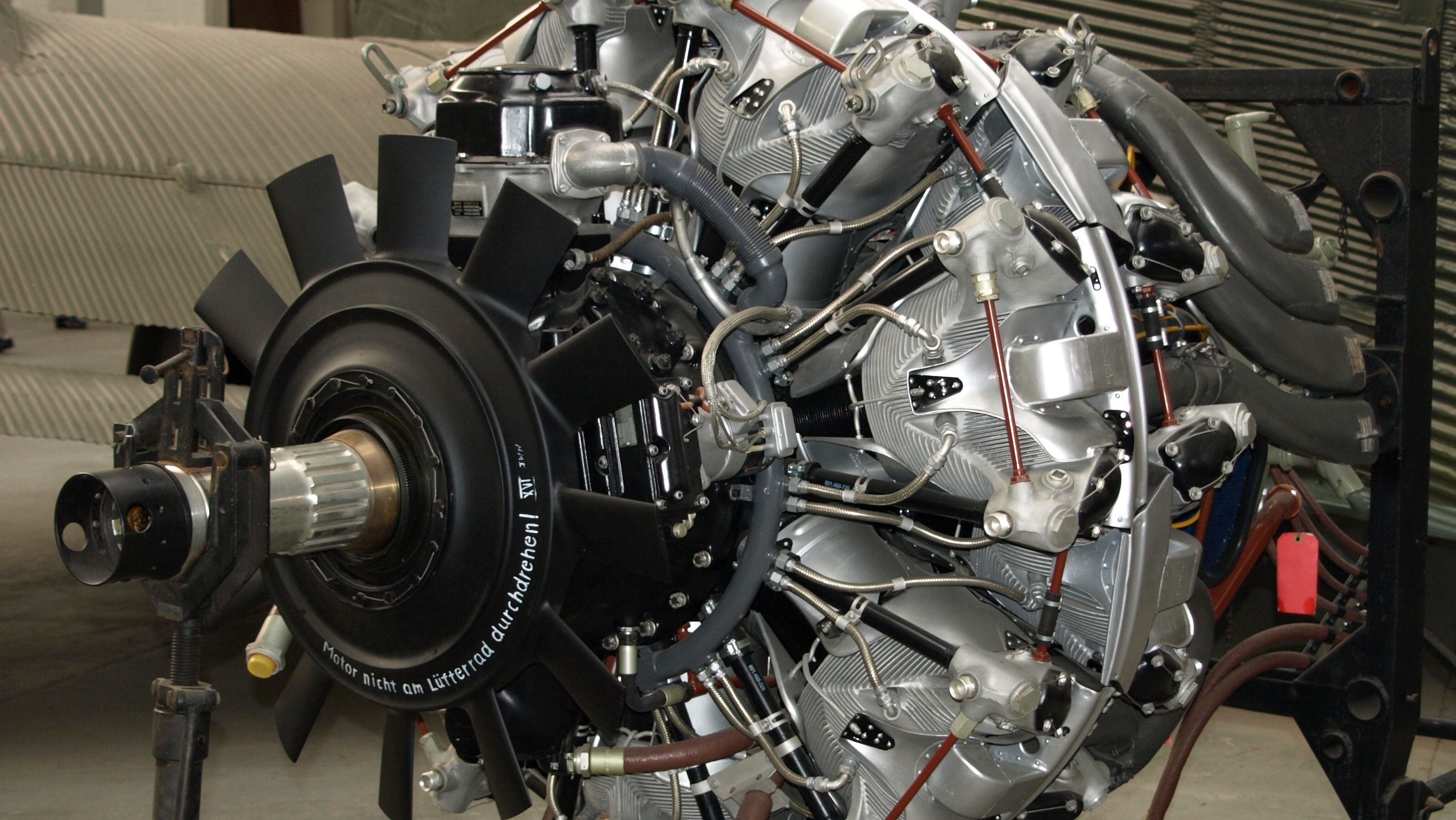Revealing the Intricacies of Next-Generation Power Units: a Deep Study Advanced Engine Designs and Developments
In the realm of vehicle design, the unrelenting search of sustainability, performance, and efficiency has actually driven the development of power units to unprecedented heights. As we base on the precipice of a brand-new age in transportation, the intricacies of next-generation engine layouts beckon us to discover the sophisticated modern technologies and technologies that assure to redefine the driving experience. From innovative materials that push the borders of resilience and weight reduction to advanced turbocharging and supercharging systems that boost power outcome to new degrees, each part of these power systems holds a key to opening the future of vehicle engineering. Delving much deeper into the worlds of discharge control, intelligent engine administration systems, and the horizon of power device development, we locate ourselves on the cusp of an improvement that assures to improve the landscape of movement as we know it.
Evolution of Engine Materials

The shift towards progressed engine products has actually additionally enabled engineers to design engines with greater power results while maintaining fuel effectiveness criteria. The use of light-weight products minimizes the total weight of the engine, leading to improved fuel economic climate and reduced discharges. Furthermore, innovations in materials innovation have enabled much better thermal administration within engines, resulting in increased dependability and longevity.
Turbocharging and Supercharging Technologies
Exactly How do Turbocharging and Supercharging Technologies revolutionize engine efficiency and effectiveness in modern-day vehicles? Supercharging and turbocharging are modern technologies that substantially enhance engine efficiency by raising the quantity of air intake right into the burning chamber. Turbocharging accomplishes this by utilizing a generator driven by exhaust gases to pressurize the intake air, while turbo charging utilizes a belt- or chain-driven compressor to accomplish the exact same result.
These innovations enable smaller sized, more fuel-efficient engines to create power equivalent to bigger ones, understood as downsizing. By compeling more air right into the cylinders, turbocharging and supercharging boost burning efficiency, resulting in boosted horsepower and torque output without a substantial increase in engine size. This causes much better acceleration, pulling ability, and total driving performance.
Additionally, supercharging and turbocharging add to enhanced gas efficiency by enabling the usage of smaller sized engines that consume less gas under regular driving conditions - bmw engine. This combination of boosted efficiency and efficiency has actually made turbocharging and supercharging important parts of lots of contemporary engine layouts
Exhaust Control and Environmental Influence
With enhancing international problems concerning air high quality and ecological sustainability, the implementation of emission control innovations in automobiles plays an important function in reducing dangerous toxins launched right into the ambience. Modern lorries are furnished with innovative exhaust control systems that aid decrease the ecological influence of automobile procedures. Catalytic converters, as an example, are created to transform hazardous gases such as carbon monoxide gas, nitrogen oxides, and hydrocarbons right into less unsafe compounds like co2 and water vapor.
Moreover, improvements in engine modern technology, such as the combination of exhaust gas recirculation systems and careful catalytic reduction, have considerably added to lowering emissions. These innovations operate in tandem to optimize burning effectiveness and lessen the launch of hazardous pollutants right into the air. Furthermore, the advancement of hybrid and electrical vehicles represents an essential action in the direction of minimizing the general ecological impact of the transportation sector.
Intelligent Engine Monitoring Solution

Moreover, these systems make it possible for cars to meet stringent exhausts requirements without compromising performance, providing a much more environmentally friendly driving experience. The assimilation of man-made knowledge and artificial intelligence abilities in engine administration systems proceeds to push the borders of what is feasible, resulting in more improvements in effectiveness, integrity, and overall lorry efficiency. bmw engine. As automobile technology breakthroughs, intelligent engine administration systems will certainly play a critical role in forming the future of transportation in the direction of a more sustainable and effective direction
Future Trends in Power Device Development
As intelligent engine monitoring systems lead the way for improved control and optimization in contemporary vehicles, future patterns in power system growth are positioned to redefine the landscape of automotive propulsion innovations. Among the vital trends driving advancement in power device growth is the change in the direction of electrification. With an enhancing concentrate on sustainability and minimizing carbon discharges, crossbreed and electric powertrains are ending up being extra prevalent in the auto industry. These different source of power offer improved efficiency and performance while straightening with rigorous ecological laws.
One more significant trend is the integration of advanced materials and making strategies. Lightweight materials such as carbon fiber and light weight aluminum are being made use of to lower total automobile weight, improving fuel performance and efficiency. Furthermore, innovations in 3D printing and additive production are allowing the production of intricate engine elements with higher accuracy and longevity.
Moreover, man-made knowledge and machine discovering are playing an essential role in optimizing power device efficiency. These innovations permit real-time surveillance and adaptive control, leading to much more reputable and effective power distribution. In general, future fads in power system development are geared in the direction of performance, sustainability, and performance, driving the automobile market towards a new age of propulsion internet technologies.

Final Thought
In conclusion, the advancements in engine products, turbocharging, discharge control, and intelligent administration systems have led anonymous the way for next-generation power systems. These developments have not only enhanced performance and effectiveness but likewise reduced ecological effect. As modern technology continues to advance, future patterns in power system advancement are likely to concentrate on further boosting sustainability and optimizing power outcome. The detailed designs and advancements in modern-day engines showcase the continuous advancement of automobile innovation.
Exploring the modern developments in engine products has been pivotal in improving the performance and efficiency of modern-day engines. Over the years, the development of engine products has actually played an essential function in pushing the limits of what engines can accomplish.The shift towards advanced engine materials has likewise allowed designers to create engines with greater power outcomes while preserving fuel effectiveness requirements.The execution of smart engine administration systems in contemporary cars has transformed the way engines are managed and enhanced for performance and performance. By accumulating information in real-time and assessing it with advanced algorithms, smart Home Page engine administration systems can adapt to driving designs, ecological aspects, and engine health and wellness to make the most of power outcome while lessening fuel consumption and exhausts.